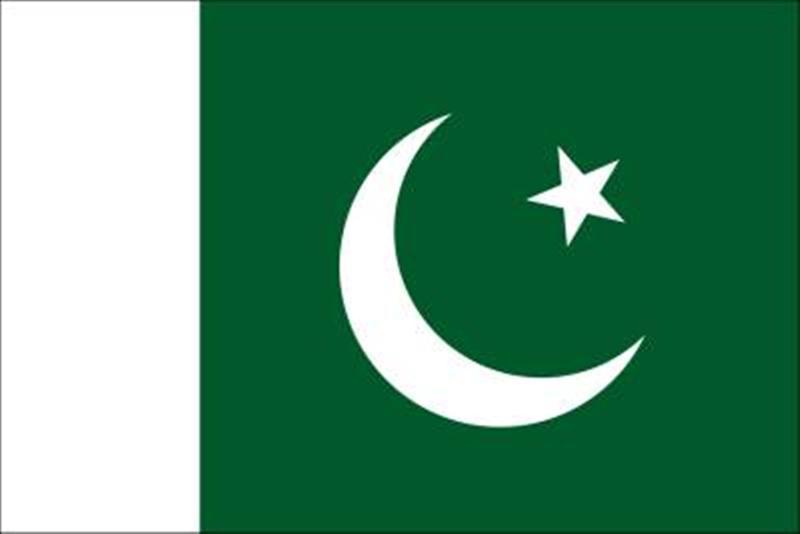KABUL-bound food containers in the next 10 days to end a two-month stoppage that could cause a temporary food shortage in the landlocked country.
Up to 700 food containers destined for Afghanistan have been stopped at various places in the neighbouring country over the past two months, with the Pakistani authorities saying the supplies were carried for NATO troops under the cover of commercial imports.
About five weeks ago, Pakistan closed a key supply line for international troops based in Afghanistan after a deadly cross-border attack by NATO-led troops in the Mohmand tribal region, killing 24 Pakistani troops.
A statement from the ministry said Pakistan’s Finance Minister Dr. Abdul Hafeez Sheikh had told his Afghan counterpart, Dr. Mohammad Omar Zakhilwal, at the eighth session of the Joint Economic Commission (JEC) in Islamabad that a solution to the stranded vehicles would be found in the next seven to 10 days.
During the session held in Islamabad, Afghan officials complained about non-implementation of some clauses of the Afghanistan-Pakistan Transit Trade Agreement (APTTA).
The Afghan delegation urged a swift resolution of the issue of food-laden vehicles stranded at Pakistani ports, fearing the stoppage could cause a temporary food shortage in the country.
Finance Minister Dr Hazrat Omar Zakhilwal told the joint session the 700 containers were carrying commercial cargo under the transit trade agreement and had nothing to do with NATO-led forces.
He insisted Pakistan had no right to stop the containers carrying mainly food items and other domestic and commercial goods. Zakhilwal said the delay in the clearance of food containers was ending up in a revenue shortfall.
For his part, his Pakistani counterpart clarified the clearance of the containers would take seven to 10 days. He said the meeting noted with satisfaction that bilateral trade had risen during the past four years from $850 million to $2.5 billion.
Sheikh said the two sides had also agreed to discuss and resolve problems faced by traders, especially the stoppage of Afghan commercial containers, carrying perishable goods and fuel.
The Joint Economic Commission agreed to raise bilateral trade to $5 billion by 2015 from the existing volume of $2.5 billion. The two countries will sign a formal agreement on promotion of trade.
Later, the Afghan minister held talks with Pakistan’s Federal Minister for Petroleum Dr Asim Hussain on the smuggling of petroleum products through the border. They agreed to enforce a monitoring and preventative regime.
Hussain assured the Zakhilwal of measures to facilitate the supply of jet fuel to Afghanistan.
ma/mud








GET IN TOUCH
NEWSLETTER
SUGGEST A STORY
PAJHWOK MOBILE APP